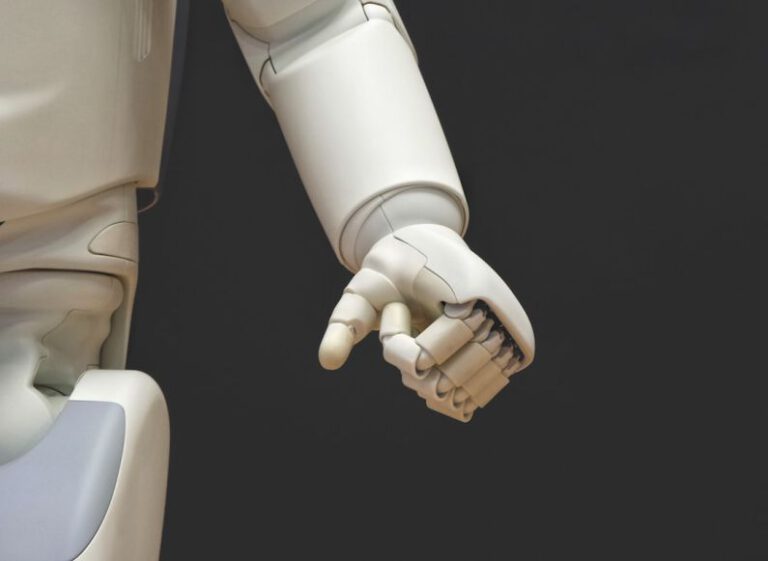Robotic Assistants in Healthcare: the Coming Change
In the fast-evolving landscape of healthcare, the integration of technology has become increasingly prevalent. One such technological advancement that has been gaining traction is the utilization of robotic assistants in healthcare settings. These robotic assistants are revolutionizing the way healthcare is delivered, promising increased efficiency, improved patient care, and enhanced outcomes. As the healthcare industry looks towards the future, it is evident that robotic assistants will play a significant role in shaping the way care is provided.
Enhancing Efficiency and Accuracy
Robotic assistants in healthcare are designed to streamline processes and improve the overall efficiency of healthcare delivery. These machines can perform a wide range of tasks, from assisting in surgeries to delivering medication to patients. By automating routine tasks, robotic assistants free up healthcare professionals to focus on more complex and critical aspects of patient care. This not only improves the efficiency of healthcare delivery but also reduces the chances of human error, leading to more accurate diagnoses and treatment plans.
Improving Patient Care and Experience
One of the key benefits of robotic assistants in healthcare is their ability to improve patient care and experience. These machines can provide round-the-clock monitoring and care to patients, ensuring that their needs are met promptly and efficiently. Additionally, robotic assistants can assist in rehabilitation exercises, reminding patients to take their medication, and even engaging in conversation to provide emotional support. By enhancing the overall patient experience, robotic assistants contribute to better outcomes and higher patient satisfaction rates.
Empowering Healthcare Professionals
While some may fear that the rise of robotic assistants in healthcare will lead to job displacement, the reality is quite the opposite. These machines are designed to work in tandem with healthcare professionals, not replace them. Robotic assistants can handle repetitive and time-consuming tasks, allowing healthcare professionals to focus on more complex and specialized aspects of patient care. By taking on these routine responsibilities, robotic assistants empower healthcare professionals to deliver higher quality care and make more informed decisions.
Enhancing Surgical Precision
One of the most significant impacts of robotic assistants in healthcare is their role in surgical procedures. Robotic surgical systems offer unprecedented levels of precision and control, allowing surgeons to perform complex procedures with greater accuracy and minimal invasiveness. These systems utilize advanced imaging technology and robotic arms to perform intricate movements that are beyond the capabilities of human hands. As a result, patients undergoing robotic-assisted surgery experience shorter recovery times, reduced pain, and better surgical outcomes.
Improving Accessibility to Healthcare
In addition to enhancing the quality of care provided, robotic assistants in healthcare also have the potential to improve access to healthcare services. In rural or underserved areas where there is a shortage of healthcare providers, robotic assistants can bridge the gap by providing remote consultations, monitoring, and even performing certain medical procedures. This increased accessibility to healthcare services ensures that patients receive the care they need, regardless of their geographic location.
Embracing the Future of Healthcare
As the healthcare industry continues to evolve, the integration of robotic assistants is poised to bring about a significant change in the way care is delivered. These machines offer a myriad of benefits, from enhancing efficiency and accuracy to improving patient care and empowering healthcare professionals. With advancements in technology and continued research, the potential for robotic assistants in healthcare is boundless. Embracing this change and leveraging the capabilities of robotic assistants will undoubtedly lead to a brighter and more efficient future for healthcare.






